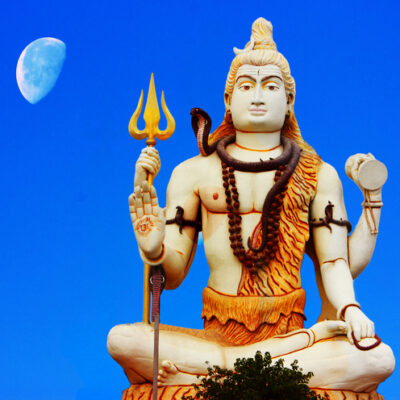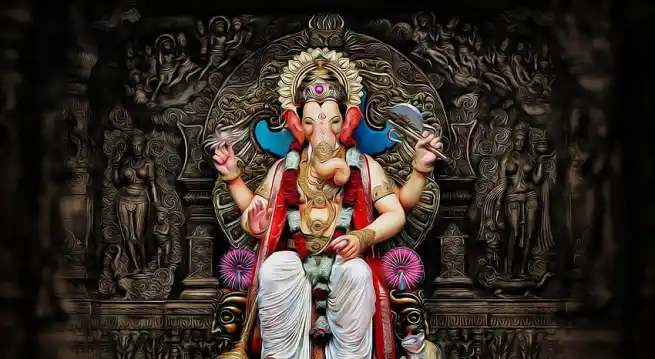Alampur Jogulamba Temple- Telangana
Address
Alampur Jogulamba Temple- Temple Road, Alampur, Gadwal, Telangana 509152
Deity
Amman: Goddess Jogulamba
Introduction
- Alampur is a serene town located on the banks of the Tungabhadra River in Telangana, India. It is often regarded as the western gateway to Srisailam.
- The town is home to the remarkable Jogulamba Temple, which showcases the architectural style of the Badami Chalukyan dynasty.
- Alampur has a rich history of being ruled by various South Indian dynasties, and the temple here holds great religious significance.
- The principal deities at the Jogulamba Temple are Goddess Jogulamba and Lord Balabrahmeshwara.
- Goddess Jogulamba is recognized as the 5th Shakti Peetha among the 18 Shakti Peethams in India. In the temple, she is depicted seated on a corpse with scorpions, frogs, and lizards on her head. She is shown in a naked avatar, with her tongue extended outward, representing a fierce form of the goddess known for granting Siddhi in yoga. The name “Jogulamba” is a modified version of “Yogula Amma” in Telugu, meaning Mother of Yogis.
Puranic Significance
- According to a popular legend, a great saint named Rasa Siddha, who lived in the 6th century, was known for his ability to convert base metals into gold. He was considered close to Chalukya King Pulakesi II and played a key role in constructing the Nava Brahmas temples.
- Rasa Siddha is said to have attributed the nine names of Shiva to medicinal herbs, and these herbs were believed to be the key to creating gold by using the correct rituals.
- The nine temples here are dedicated to different forms of Shiva, each representing a medicinal herb. These temples are:
- Swarga Brahma Temple
- Padma Brahma Temple
- Vishva Brahma Temple
- Arka Brahma Temple
- Bala Brahma Temple
- Garuda Brahma Temple
- Taraka Brahma Temple
- The Siddha Rasarnavam, a tantric text, mentions that if worship is performed according to the prescribed Tantric rituals, Mercury will emerge from the Lingas of the temples—specifically from the Bala Brahma Linga, Subramanya’s thighs, Ganapati’s navel, and Jogulamba’s mouth—which could be transformed into gold using specific medicinal herbs.
- The architecture of the Jogulamba Temple and the surrounding temple ruins reflects the grandeur of Badami Chalukyan architecture.
- Jogulamba, in her terrifying form, symbolizes her role as a fierce goddess who blesses devotees with Siddhi in yoga.
- The original temple was destroyed in 1390 A.D. by Muslim invaders, as per the Ancient Monuments and Archaeological Sites and Remains Act. Afterward, the temple was reconstructed by the Archaeology Department.
- The temple is sometimes referred to as Dakshina Kasi, symbolizing its immense spiritual significance similar to that of Kashi (Varanasi) in the north.
Century/Period/Age
1000 Years old
Managed By
Archaeological Survey of India.
Nearest Bus Station
Alampur
Nearest Railway Station
Alampur Road Railway Station
Nearest Airport
Hyderabad









